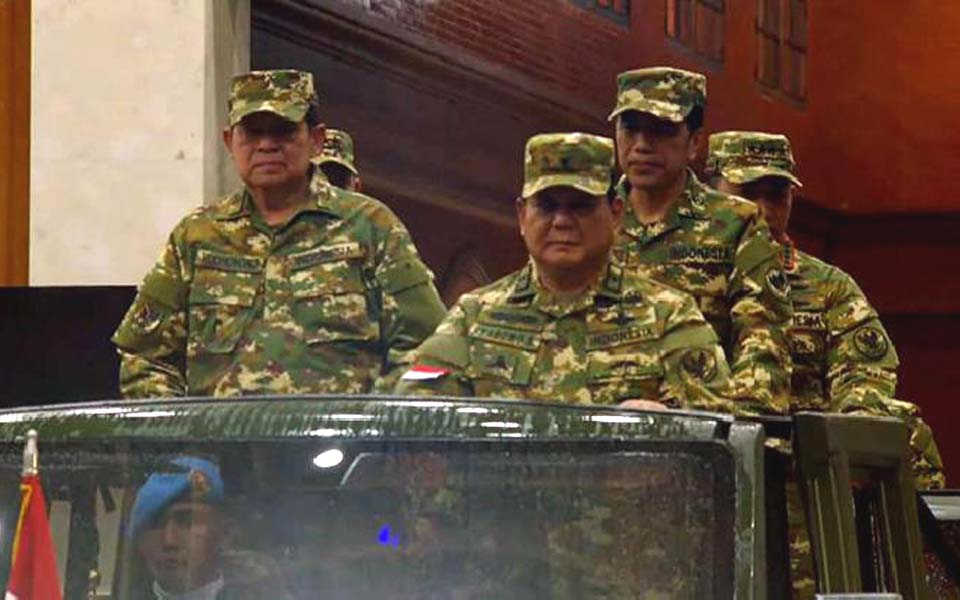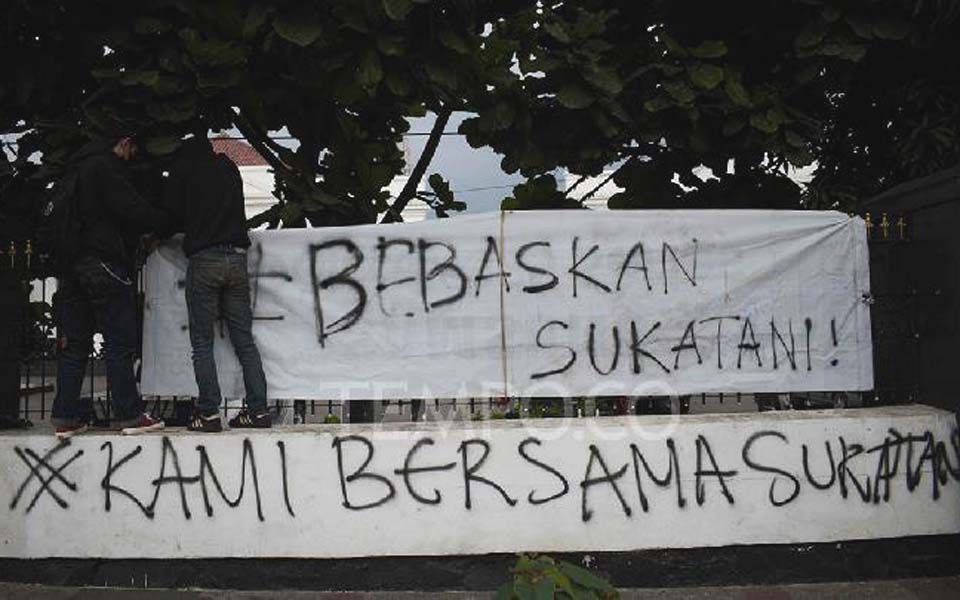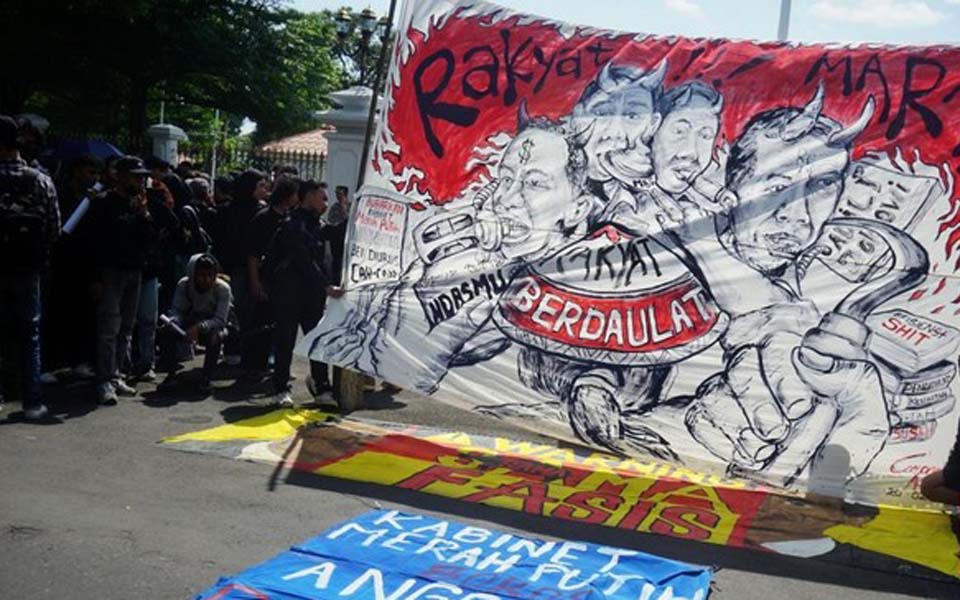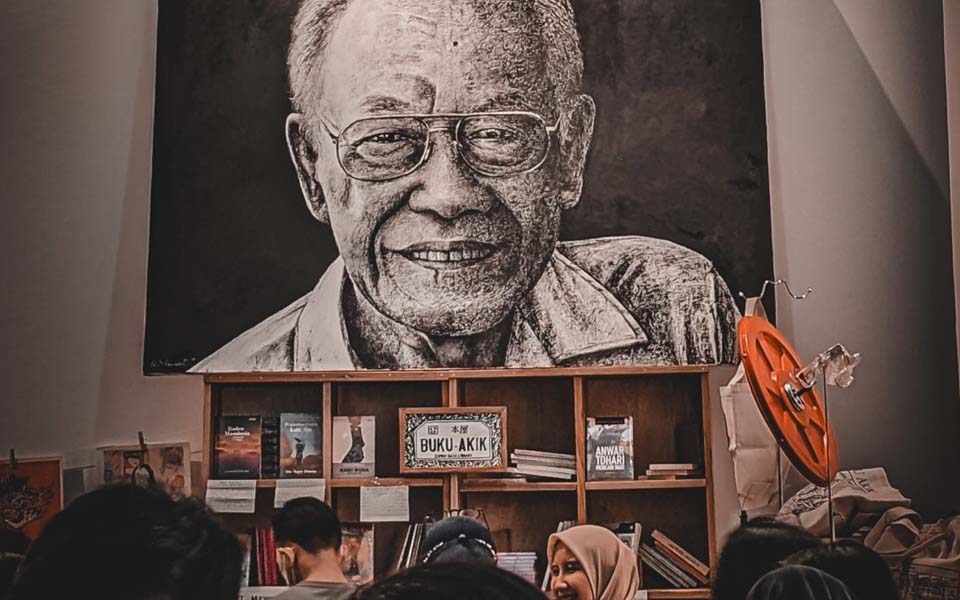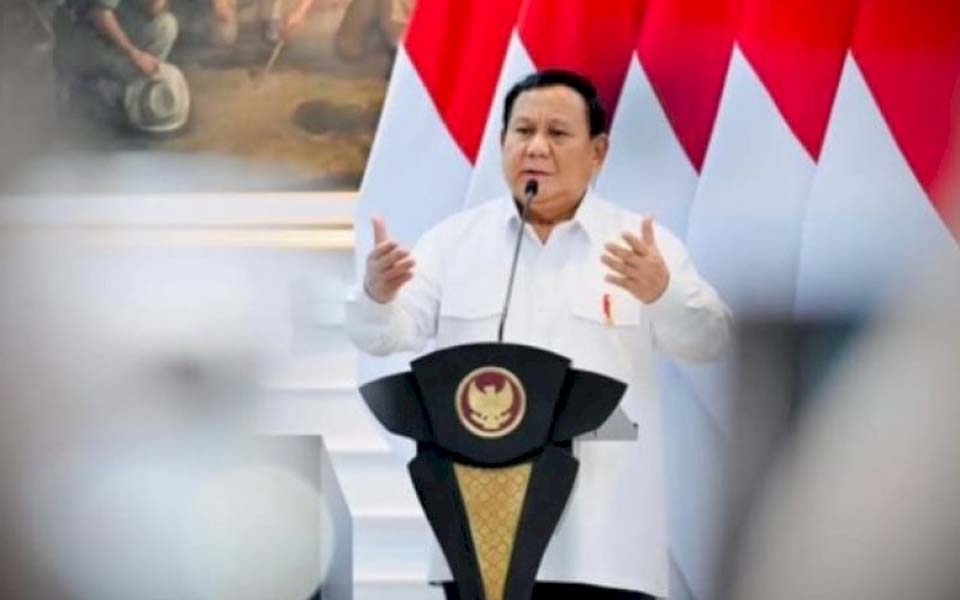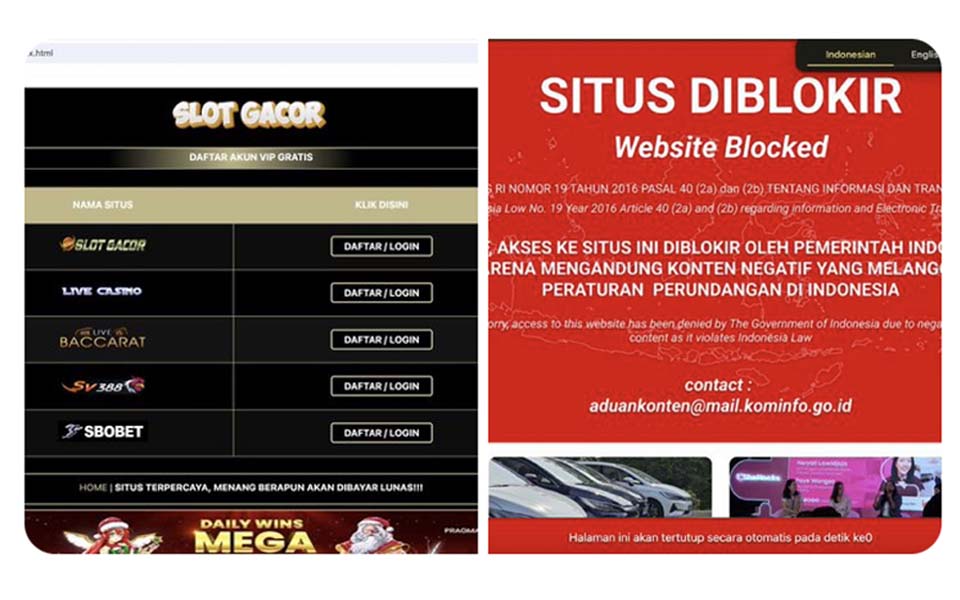Nicholas Ryan Aditya, Jakarta – The Indonesian Legal Aid Foundation (YLBHI) recorded 351 cases of civil rights violations across the country in 2020. YLBHI organisational development division head Febionesta said that the cases were dominated by violations against freedom of expression and the right to convey an opinion in public.
"Including in North Sumatra, West Sumatra, South Sumatra, Lampung, Riau, Jakarta, West Java, Central Java, East Java, Yogyakarta, Bali, South Sulawesi, North Sulawesi and Papua", said Febionesta when presenting YLBHI's 2020 Annual Report on Law and Human Rights on Tuesday January 26.
YLBHI and its regional offices throughout Indonesia recorded violations covering five areas.
First, violations of freedom of expression or conveying an opinion orally which had the highest number of cases, namely of 26 percent. Second, violations of the right to convey an opinion through demonstrations with 25 percent of cases. Third, violations of the freedom of expression or opinion digitally with 17 percent.
Following this there were violations against the right to seek out and convey information at 16 percent and violations against private data, also at 16 percent.
In relation to freedom of expression and expressing an opinion, Febionesta revealed that the majority of violations or 48 percent were committed by state actors.
"In this case the police, they were the principle actor in violations, alongside this was the involvement of the military", he said.
Meanwhile, non-state actors represented a small proportion of the violations that occurred.
Febionesta said that the YLBHI had also found the involvement of educational institutions and certain social and mass organisations (ormas) as non-state actions in violations.
"There were certain ormas who obstructed or restrict freedom of expression and opinion in public", he said.
The YLBHI also noted that criminalisation was the most common form of violation against freedom of expression and opinion in as many as 53 percent of cases. This was followed by the threat of sanctions at 18 percent and not being provided with information at 12 percent.
"In this case, criminalisation involved the police. So in concert with the principle actors or perpetrators from the state it was the police", he explained.
"Then there were also the failure to uphold the right to access or restrictions on information or violations on the right to convey information. The hacking of content, the hacking of accounts, cyber bullying, and also the threat of sanctions", he added.
Based on this data, Febionesta said that the state is still using repressive approach. This, he said, has impacted on further narrowing space for civil society and threatens the principles of democracy.
[Translated by James Balowski. The original title of the article was "Catatan YLBHI, 351 Kasus Pelanggaran Hak dan Kebebasan Sipil Terjadi selama 2020".]








